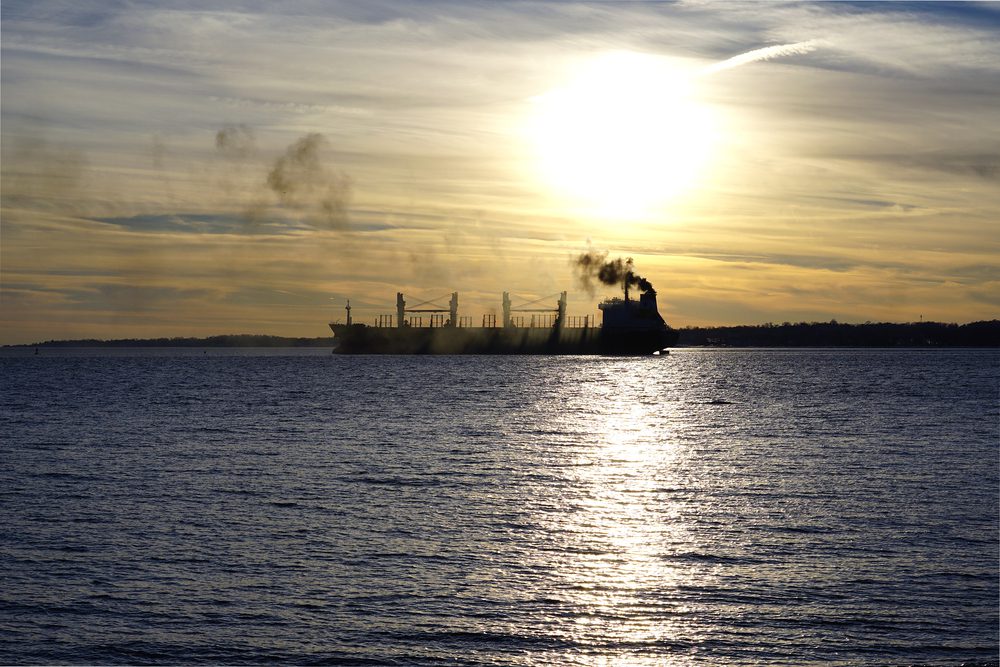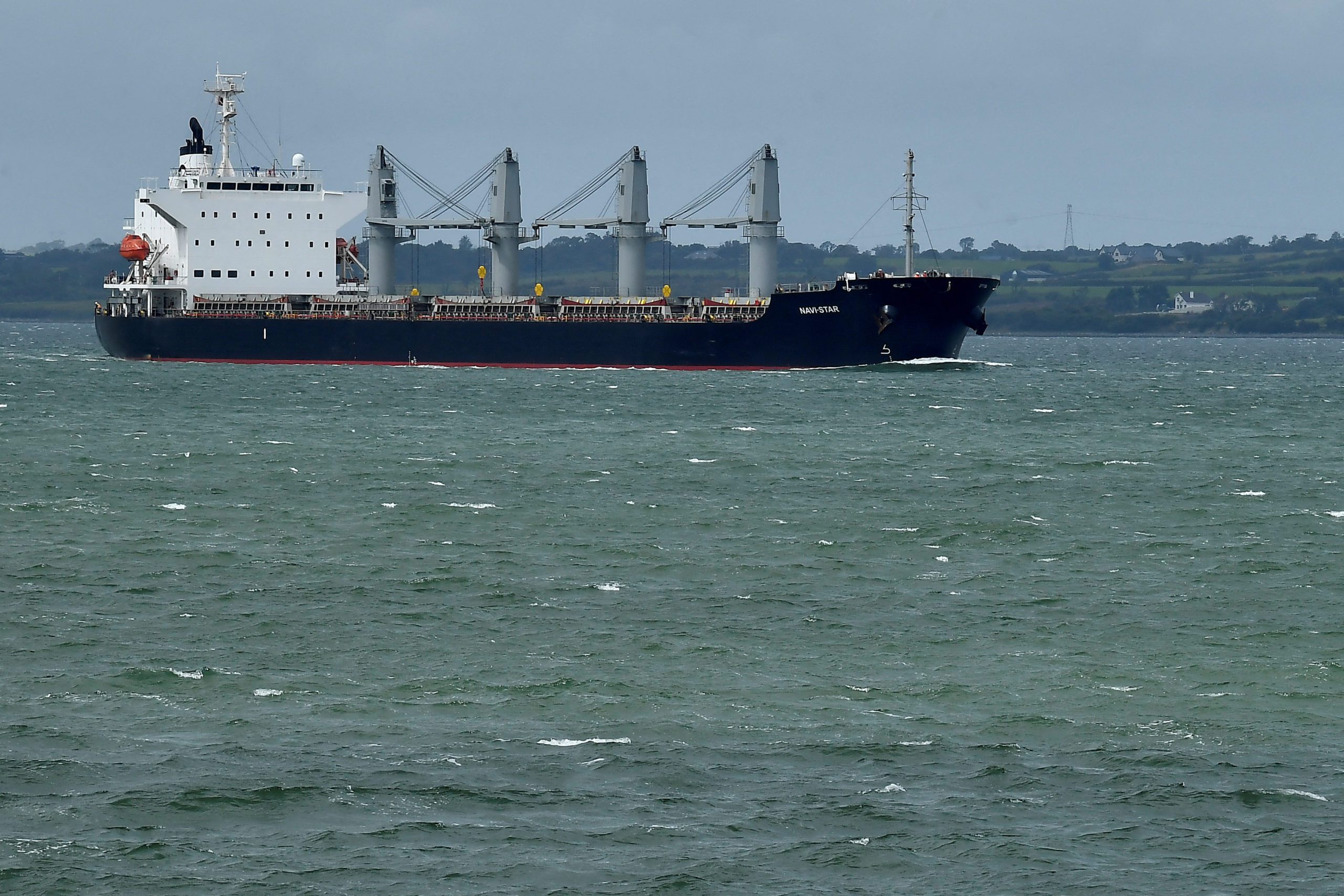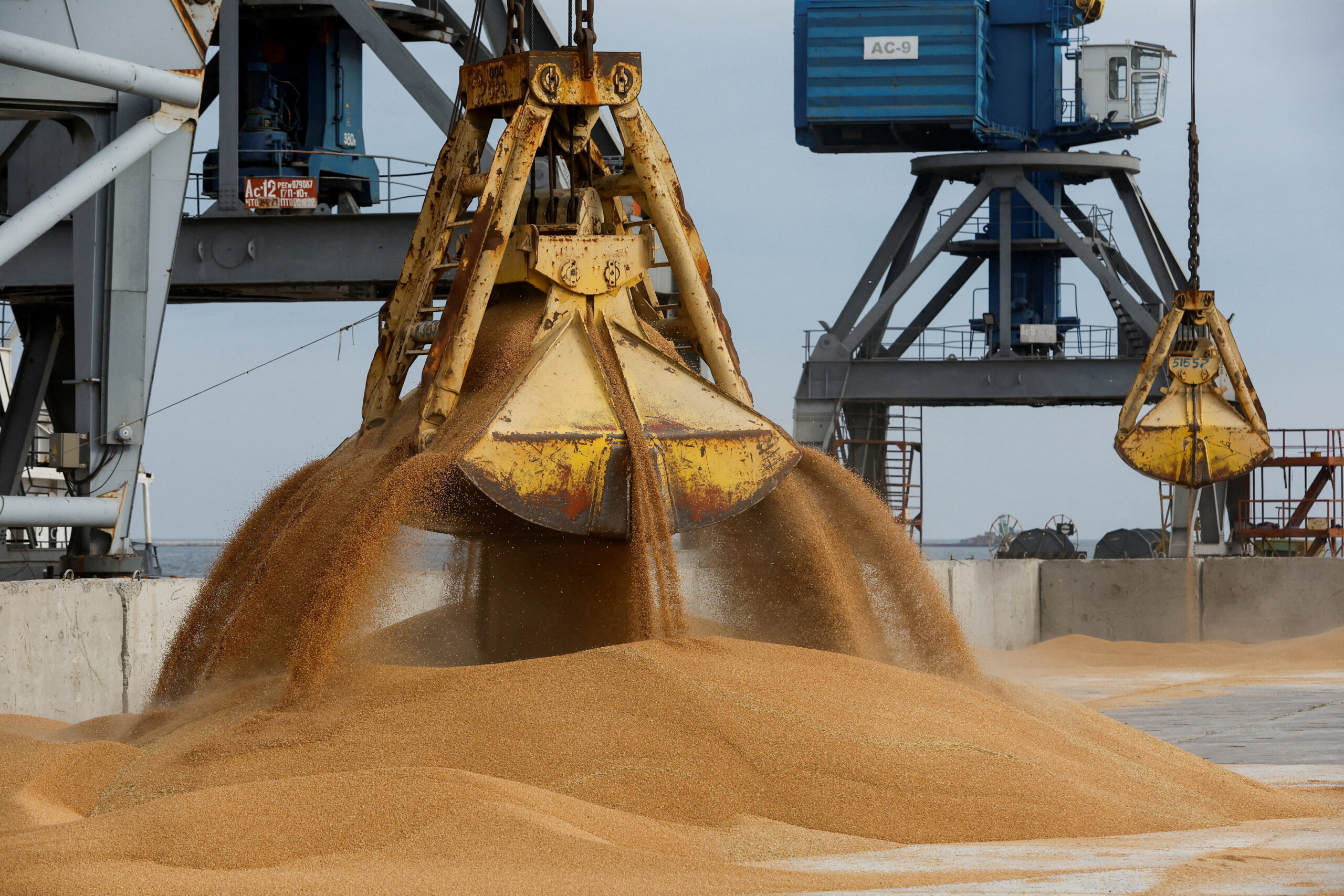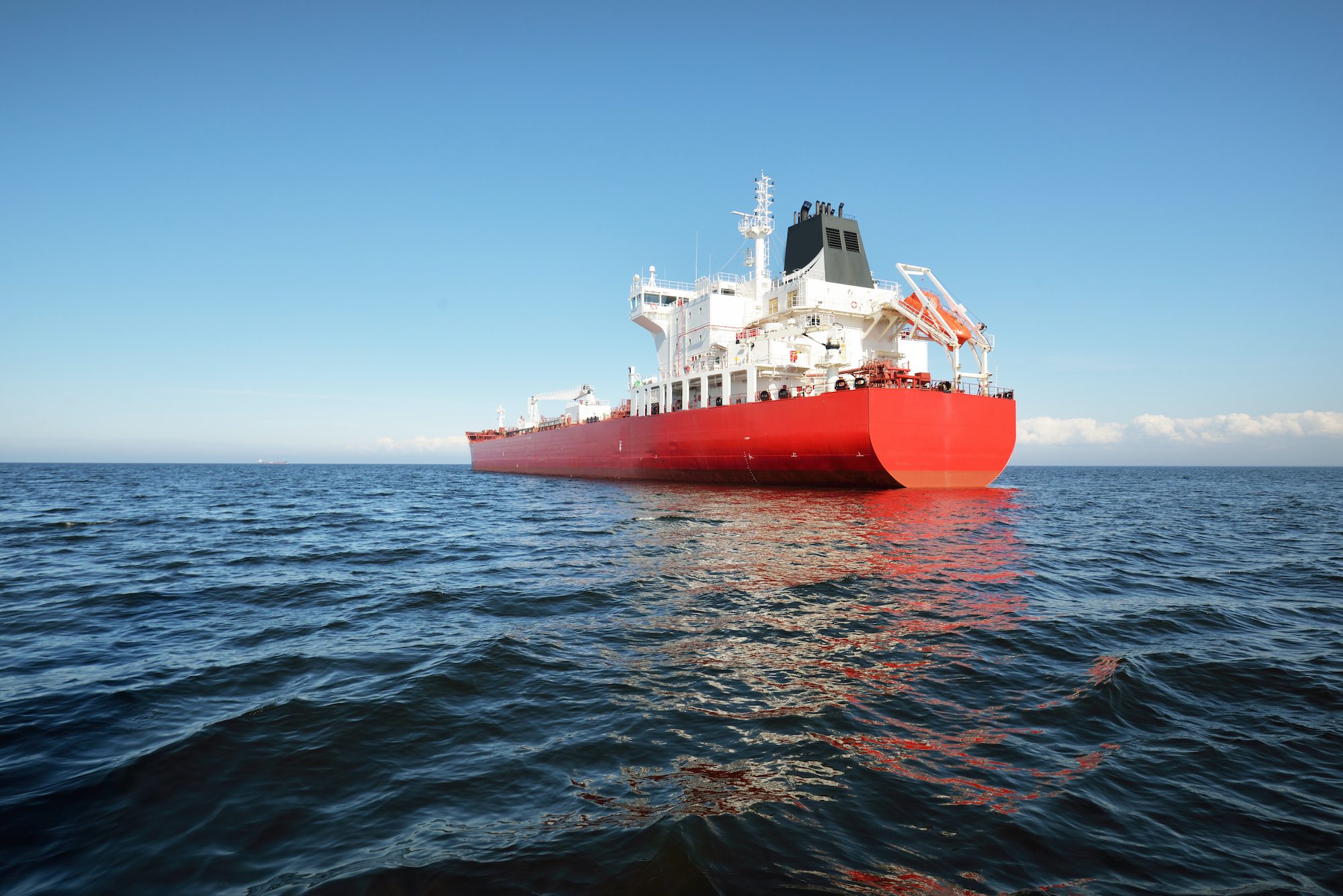By Barry Parker (gCaptain) –
Next week will see the Marine Environmental Protection Committee’s “MEPC79” meetings occurring in-person at the headquarters of the International Maritime Organization (IMO), on the Thames in London UK.
While major decisions on the IMO’s decarbonization goals (and, therefore, future trajectories for shipowners’ emissions reductions out to 2030) will not be codified until MEPC80, in mid 2023, this month’s meeting will play a pivotal role in organizing “workstreams”. The discussions and behind the scenes meetings of experts, that will key up the MEPC80 recommendations, already underway, will intensify and will be influenced by the discussions next week.
The influential trade association INTERCARGO, representing more than 150 bulk shipowners, has expressed strong views on IMO initiatives which focus on shipowner compliance with specific metrics, and is now broadening its messaging. In advance of the upcoming meeting, the association, representing more than 40% of the drybulk fleet, said: “INTERCARGO continues to fully support the ambition to achieve net zero emission shipping by 2050. It is important to stress, however, that this goal can only be achieved by providing the shipping industry with alternative zero carbon fuels.” They add that: “The responsibility for decarbonisation cannot be placed solely on the shoulders of the ship operator at the end of the line – it is a challenge that must be dealt with holistically by the entire shipping industry.”
During one of the “intersessional working groups” (the numerous discussions that take place between the actual MEPC meetings), the International Chamber of Shipping (ICS) had developed an idea for the “medium term” (looking out to 2030) which melds numerous ideas previously discussed at MEPC meetings.
Importantly, the ICS thinking, embraced by INTERCARGO, veers away from the Carbon Intensity Indicator (CII), with its range of ratings, and towards incentives for new fuels. The ICS looks for a plan where “all applicable ships will be required to make an annual contribution per tonne of CO2 emitted to a IMO Maritime Sustainability Fund (IMSF) calculated…on a Tank-to-Wake (TtW) basis.” The ICS has been a proponent of low carbon hydrogen fuels, and noted that the maritime industry would need to gird up for moving cargoes of “green ammonia” (a source of hydrogen).
INTERCARGO, in advance of the MEPC79 meeting, says that it “believes that a flat rate contribution per tonne of CO2 emitted on a Tank-to-Wake (TtW) basis – and subject to the outcome of the ongoing discussions at IMO on fuel emissions’ Life-Cycle Assessment (LCA) – should be combined with an International Maritime Sustainability Funding and Reward (IMSF&R) mechanism where ships of 5,000 GT and above will make an annual contribution per tonne of CO2.”
It’s very complicated, but, at a high level, the drybulk owners’ body is advocating that owners be given incentives to switch to new fuels; INTERCARGO says: “only ships that use ‘eligible alternative fuels’ would receive a reward for CO2 emissions prevented.”
The IMO has long ago moved beyond being a purely technical body; geopolitics also enters into the picture. Illustrative of the enormous political complexities surrounding fuel issues, the drybulk association emphasizes that the IMO member states, ie sovereign nations, will need to provide incentives for suppliers to produce and distribute these alternative fuels. INTERCARGO continues to come down hard on the CII metric- saying: “during its semi-annual meetings, INTERCARGO members expressed their belief that CII cannot be used to achieve the desired decarbonisation goals as under real life operating conditions it will not deliver equitable, transparent and non-distorting emissions’ reductions.”
It had previously submitted a paper to the IMO, buttressing its objections with numerical examples, showing how the CII penalizes vessels in short haul trades, or in situations where the vessels are ordered by charterers to wait.” A previous article in gCaptain discusses these views in detail: CII at the IMO: All Eyes on Shipping’s New Carbon Intensity Index

 Join The Club
Join The Club











